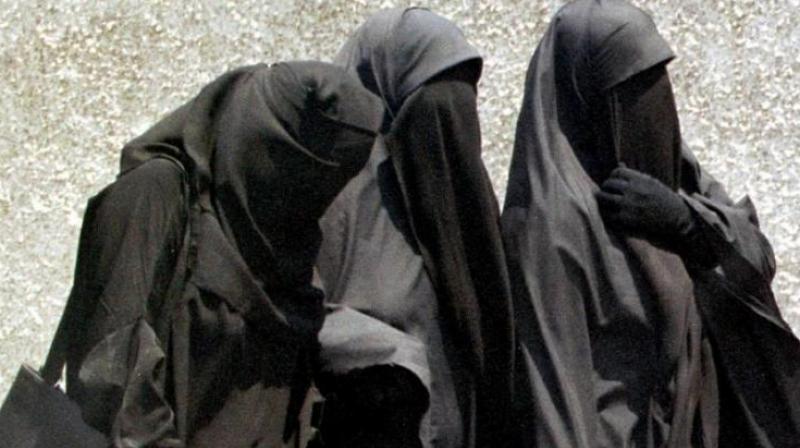Muslim Board says no to Uniform Civil Code

New Delhi: The All Indian Muslim Personal Law Board (AIMPLB) and other Muslim outfits accused the Narendra Modi government of waging a “war against the community and killing the country’s plurality by trying to impose one civil law on all religions.”
The board on Thursday said it would boycott a questionnaire put out by the Law Commission on a Uniform Civil Code (UCC), and vowed to block any attempt to abolish Islamic family laws, comprising contentious practices such as triple talaq and polygamy.
The opposition by the Muslim Personal Law Board, a key decision-making body for Muslims, immediately led to an all-out political slugfest as the Congress said a UCC was not possible in a country like India, while other Opposition parties, including the JD(U), accused the Centre of trying to polarise society ahead of crucial state elections.
UCC is no remedy for flaws in Muslim laws
The BJP defended the government’s move, saying a common civil law was a must for a progressive society.
Addressing a press conference, AIMPLB general secretary Maulana Wali Rahmani said the government’s move would paint all in one colour, and lead to social unrest.
“It is against the spirit of Indian Constitution, which safeguards the right of citizens to practise their culture and religion,” he said.
The Board said that there were “flaws” in the personal laws governing Muslims, and they were being addressed from time to time.
Jamiat Ulema-I-Hind president Arshad Madni, also present at the presser, said that all Muslim organisations and community representatives were one on the issue, and a campaign — starting from Lucknow — would be launched to mobilise support against the government’s move.
The Law Commission on October 7 put out a questionnaire seeking to know whether triple talaq should be abolished, retained or retained with suitable changes. The commission also sought public opinion on a common civil law to “protect vulnerable groups and harmonise cultural practices”. The commission’s move coincided with the Centre’s submission in the Supreme Court that triple talaq and polygamy were unconstitutional and should be abolished as women’s dignity was not negotiable.
The unprecedented submission came in response to the AIMPLB’s earlier assertion in the court that any intervention in family law amounts to violating the Muslim community’s fundamental rights.
India’s Constitution allows its peoples to be governed by their own religious laws in matters of marriage, divorce, succession, adoption and maintenance. While a Hindu law overhaul began soon after Independence and continues, reforms in Muslim personal law have long been a divisive issue in India with some Muslim women and organisations moving court against triple talaq and polygamy.

